General Secretary of the Communist Party of Vietnam (CPV)
Central Committee To Lam and First Secretary of the Communist Party of Cuba
(CPC) Central Committee and President of Cuba Miguel Díaz-Canel Bermúdez
witnessed the exchange of bilateral cooperation documents, following their
talks in Hanoi on September 1, according to a report from the Vietnam News
Agency.
The documents signed within the Cuban leader’s state visit
to Vietnam include an agricultural cooperation agreement between the two
governments on promoting rice production to gradually ensure food security in
Cuba for the 2025-2027 period, the minutes of the 42nd session of the Vietnam–Cuba
Intergovernmental Committee on economic and scientific–technical cooperation.
A memorandum of understanding (MoU) on healthcare
cooperation between the People’s Committee of Ho Chi Minh City and the Cuban
Ministry of Public Health; another on collaboration in archives and document
management between the State Records and Archives Department under Vietnam’s
Ministry of Home Affairs and the Cuba Archive; and the one on the establishment
of a joint venture between Hoa Sen Holdings Group and the Green Economics
Institute of Vietnam, and Labiofarm Group of Cuba were also handed over this
time.
On this occasion, the Party, State, and people of Vietnam
presented the Cuban people with the first tranche of assistance worth VND385
billion ($14.6 million).
Over the past 65 years, cooperation between the two
countries has been expanded across all levels, channels, and sectors, with
three main pillars: political-diplomatic relations as the foundation,
economic-trade-investment as the driving force, and people-to-people exchanges
as the bonding element.
On the basis of the signed documents and agreements,
particularly the outcomes of the state visit to Cuba in September 2024 by then
Party General Secretary and President To Lam, the two Parties and States will
continue to strengthen cooperation in all fields, especially in such key areas
as politics and diplomacy, economy and trade, agriculture, energy,
people-to-people exchanges, education, and health care.



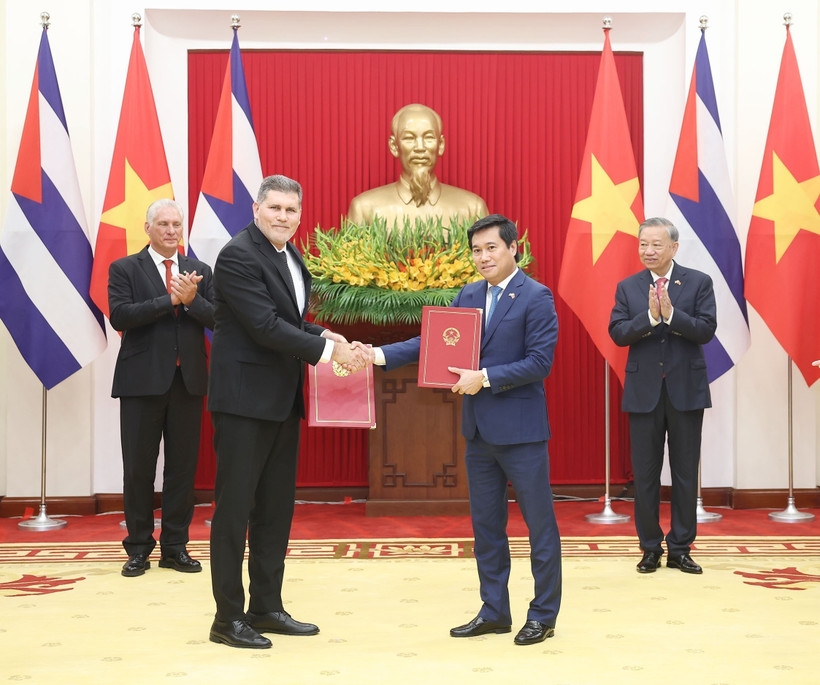
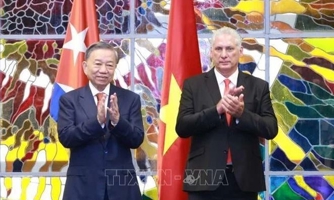
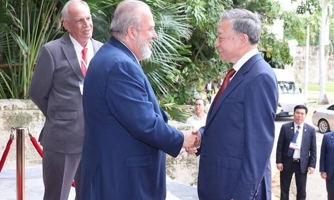
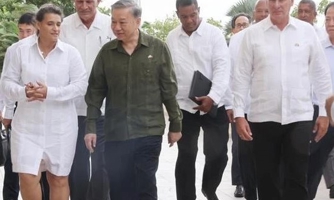
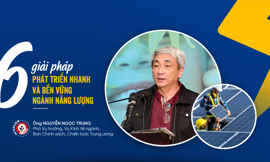
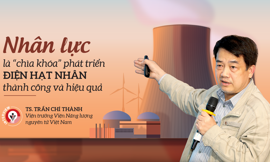
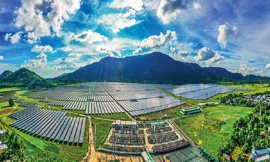
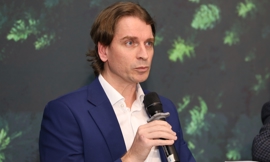
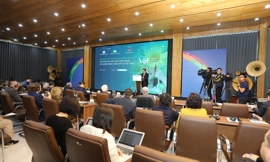
![[Interactive]: Toàn cảnh kinh tế Việt Nam tháng 8/2025](https://premedia.vneconomy.vn/files/uploads/2025/09/06/313418e027db4b97adaba4c542e2f904-10696.png?w=700&h=420&mode=crop)

